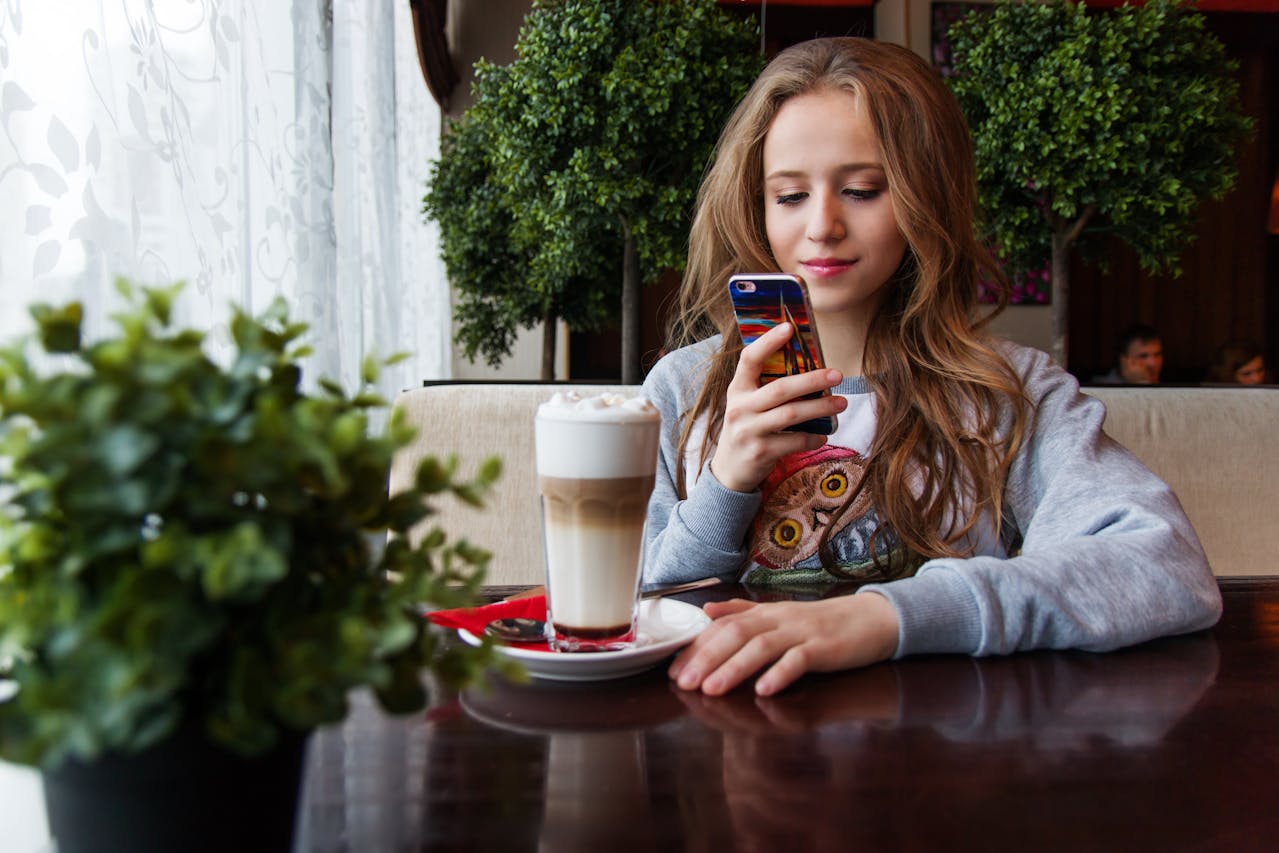By Gemma Ware, The Conversation

Bandinelli argues that an ideology around efficiency is one of the key traits of the digital culture of love, and it’s reflected in the promotional narratives dating apps use. (Pexels Photo)
Dating apps are having a rocky moment. In February, Bumble said it would lay off 30% of its workforce after disappointing results in 2023. Match Group, which has struggled to maintain paying subscribers for its most popular app, Tinder, in recent years, announced plans to cut 6% of its global workforce in July. It seems people’s relationship with dating apps, particularly among generation Z, is starting to sour.
In this episode of The Conversation Weekly podcast, we hear from researchers exploring how apps have changed modern dating and the expectations around it. And we find out why some dating app users aren’t actually there looking for love, but keep on swiping anyway.
When Treena Orchard first decided to sign up to an online dating app, she was 45 years old and nervous. Not many of her friends had used dating apps, and she says it was “terrifying” to think about doing dating in a completely different way to what she was used to.
As she set out on her new dating journey, Orchard, an associate professor in the School of Health Studies at Western University in London, Canada, decided to use her training as an anthropologist to conduct a self-ethnographic study of dating apps.
I found it so bewildering and fascinating that it quickly became a sort of a dual situation where yes, I was on these apps to meet people, but I was also very fascinated by them as a culture in the palm of my hand.
The result was a book, on what she calls the “darker side of dating apps”, chronicling her experiences. She says the darker side of the apps refers to the “widespread misogyny” that she found streaming through these platforms and the people who use them. It also refers to the way:
The algorithm shapes users’ experiences … and the way that users are rewarded for being extra productive on dating apps and also punished when we’re not.
Orchard found success on dating apps required a profound amount of emotional and technical labour. She said this effort has become common, and normalised to an extent, but it shouldn’t be.
It’s not normal to talk to 100 or 200 people a day or swipe on 200 people a day. We would never do that in the flesh … I don’t think we’ve adjusted all that well to it.
Not there to meet up
Carolina Bandinelli’s research looks at the different ways people use dating apps and what this is doing to their idea of love. She’s an associate professor in media and creative industries at the University of Warwick in the UK and just published a book about the influence of dating apps on the digital culture of love.
When Bandinelli set out to interview more than 50 people in the UK and Italy about their experiences of using dating apps, she was expecting to hear “tales of adventurous sexual and possibly romantic life”. But she says:
Most of the people I’ve talked to weren’t even meeting anybody by means of dating app, let alone having sex or beginning a relationship with them. The actual dating, like meeting another human in flesh and bones somewhere, and drinking a beer, that was within the realm of things that people would consider to happen, but it was not the main, or most significant, part of it.
One woman told Bandinelli that she set her location to match with people who weren’t close by at all to “test her femininity and to test her seduction potentialities”, but that she would have felt very embarrassed to meet a stranger. Another man would use apps to match with people in other countries.
Match, match, match
Bandinelli argues that an ideology around efficiency is one of the key traits of the digital culture of love, and it’s reflected in the promotional narratives dating apps use.
They promise a solution … to find a digital fix for love, to make things easier, to maximise the possibilities, to widen the range of choices.
She thinks all this is changing the way people think about love, dating and romance – and that a new ethos is emerging that she calls a post-romantic utopia.
One of the traits of the post-romantic utopia is that of an ideal of love that has to work efficiently in a way that does not threaten the integrity of the subject and ideally, in a way that does not hurt. So post-romantic love is a kind of love devoid of the risk, the potential of trauma, the potential for pain and suffering.
Listen to the full episode on The Conversation Weekly podcast, which also includes an introduction from Nehal El-Hadi, interim editor-in-chief at The Conversation Canada.
A transcript of this episode is available on Apple Podcasts.
This episode of The Conversation Weekly was written and produced by Mend Mariwany with assistance from Katie Flood. Sound design was by Eloise Stevens, and our theme music is by Neeta Sarl. Gemma Ware is the executive producer.
You can find us on Instagram at theconversationdotcom or via email. You can also subscribe to The Conversation’s free daily email here.
Listen to The Conversation Weekly via any of the apps listed above, download it directly via our RSS feed or find out how else to listen here.![]()
Gemma Ware, Host, The Conversation Weekly Podcast, The Conversation
This article is republished from The Conversation under a Creative Commons license. Read the original article.





















